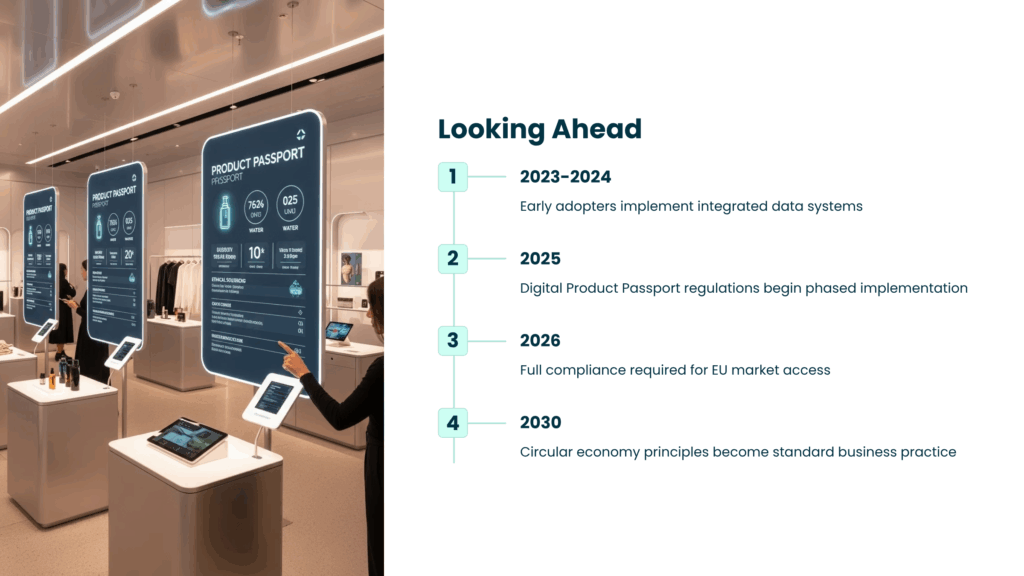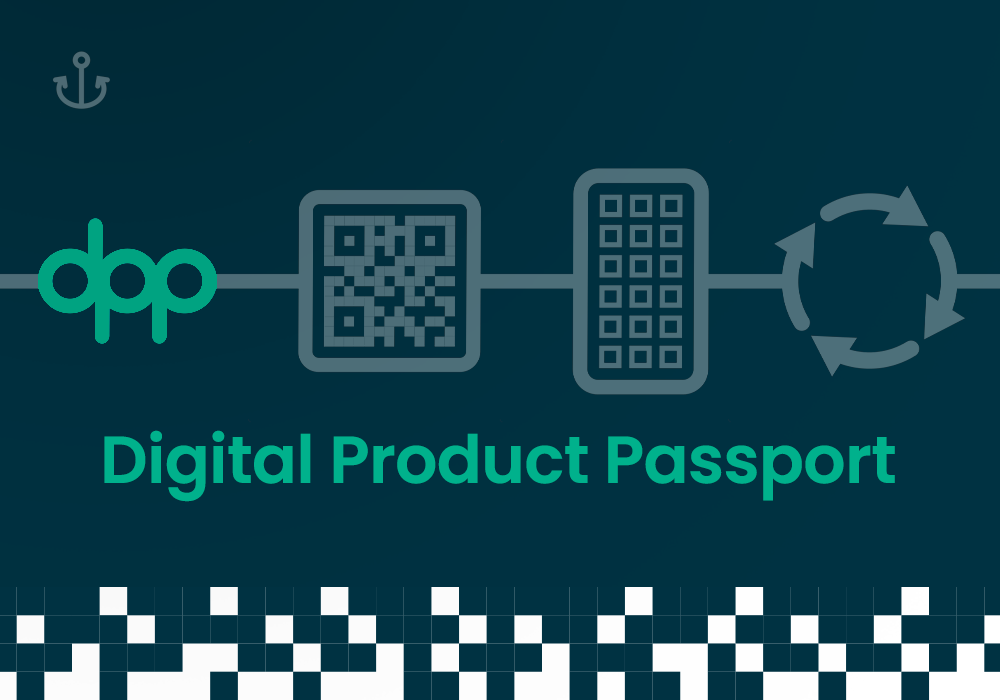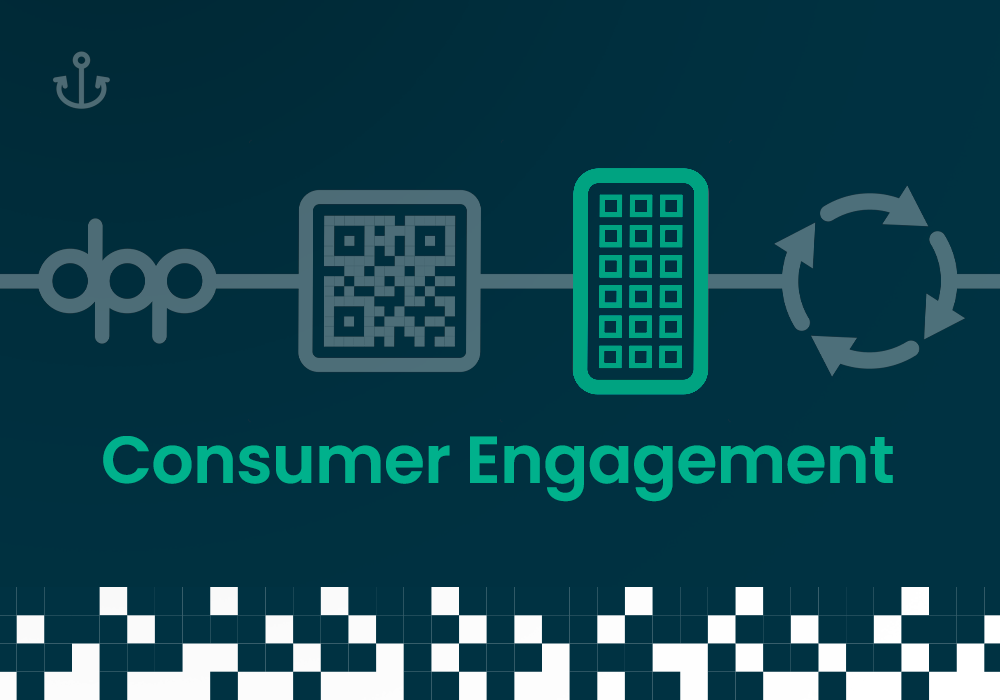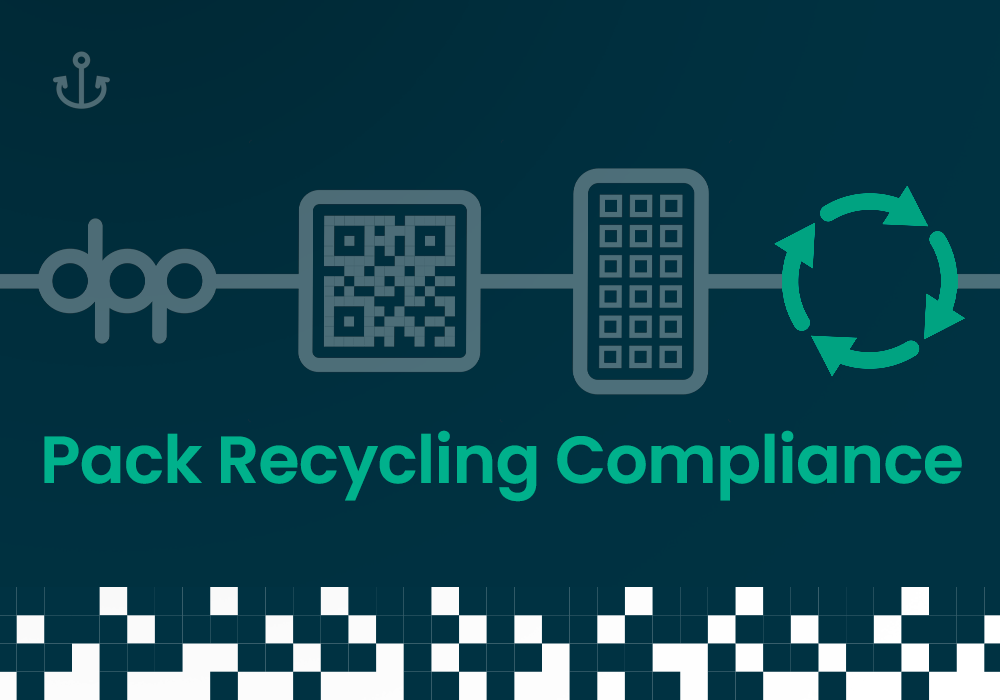Circular Economy Exchange: August Highlights
Insights from the August Roundtable
At the latest Circular Economy Exchange on 13 August led by Rhian Owen, Project Coordinator for Sustainability Services at Eurofins one phrase captured the mood in the room:
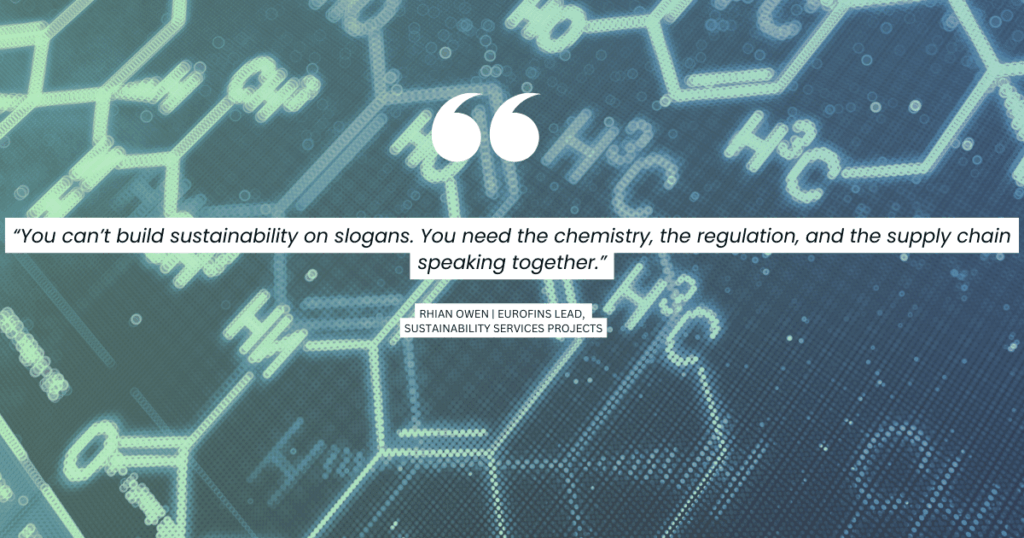
This was more than a soundbite — it summed up a conversation that ranged from Digital Product Passports (DPPs) and supply chain mapping to testing, certification, and government policy. The event brought together sustainability consultancies, retailers, academics, and trade representatives, each tackling the same question from a different angle: how can circular economy principles be made to work in practice?
Testing and Certification as the Foundation
European Sustainability Services highlighted that compliance isn’t the enemy of innovation — it’s what makes it possible. Their work blends chemists, regulatory experts, and supply chain professionals to help brands create solutions that are both sustainable and legally robust. Without that foundation, the group warned, industry risks building on sand.
Compliance creates the guardrails within which sustainable innovation can flourish safely and legally.

Data: From Siloes to Systems
Retail technology experts from Clothing Connected pointed out that many retailers are already moving ahead quietly, pulling compliance audits, bill of materials, and supplier information into centralised systems. This shift is about more than ticking boxes for upcoming EU regulations; it’s about control. Brands that consolidate now will be able to meet new rules smoothly, while those that delay may find themselves scrambling in 2026.

Academic Perspectives: Mapping Materials
The roundtable also heard from Kingston University students who have been mapping the wool supply chain. Wool was chosen for its complexity, involving everything from animal welfare to specialist processing. Their work underscored the need for transparency at the raw material level and showed how new tools and approaches from academia can filter into commercial practice.
Government’s Role in the Transition
The Department of Business and Trade stressed that this is not just an environmental issue but an economic one. As Cleo Easterbrook (Research & Development team at Defra) explained, supporting exporters and retailers to integrate sustainability is becoming part of the UK’s trade strategy. By linking digital commerce with ESG goals, government can help businesses stay competitive in global markets while moving towards circularity.
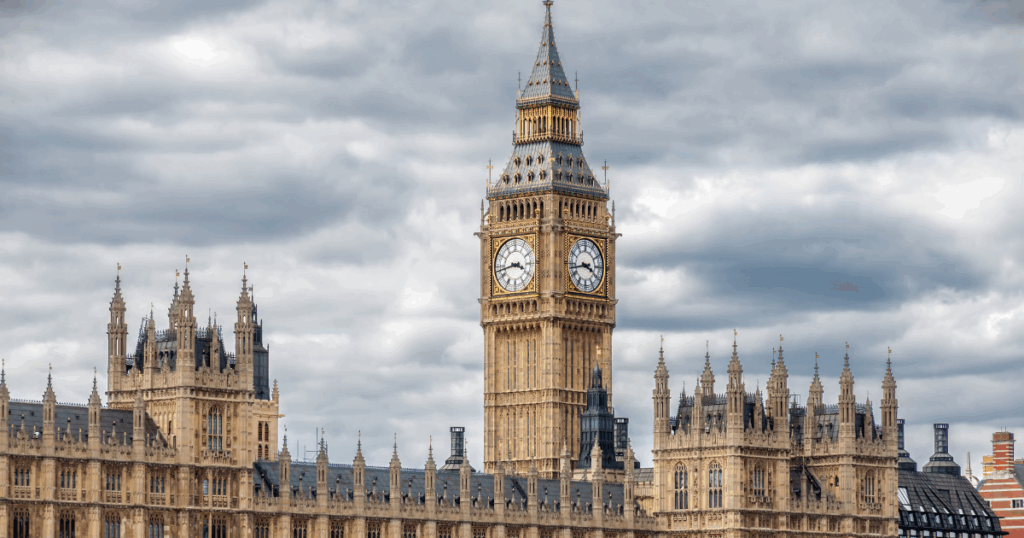
Collaboration, Not Competition
What tied the session together was a shared understanding that no single part of the ecosystem can deliver the circular economy alone. Consultants, academics, government, and industry must work in step — and events like this roundtable are where those connections start to form.

Key Takeaway
Circularity and compliance are not separate tracks. Digital Product Passports, data integration, and sustainability frameworks are converging into a single agenda that will define how brands operate over the next decade. As one participant noted, the challenge is daunting — but also an opportunity to build resilience, tell better product stories, and strengthen consumer trust.
